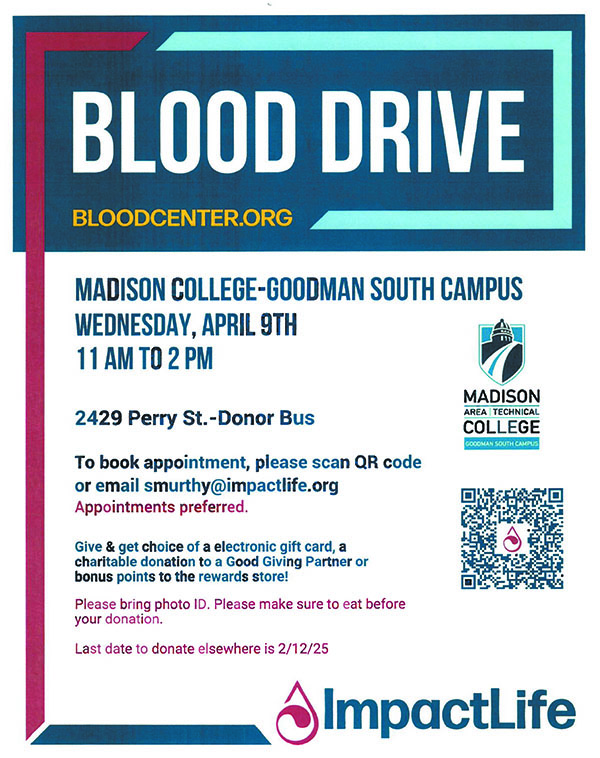‘The Fabelmans’ a very long close encounter
January 18, 2023
“The Fabelmans” is a semi-autobiographical film about director Steven Spielberg’s childhood. It is a nostalgic drama about a young boy named Sammy Fabelman, an aspiring filmmaker who discovers the power of cinema when he seeks the truth about his unstable family.
Set in the post-war ‘50s, the film follows Sammy developing his movie passion as his family follows his father’s corporate path, stopping in New Jersey, Arizona and finally, California.
The opening scene explains how young Sammy Fabelman, played by Mateo Zoryon Francis-DeFord, becomes captivated by movies after his parents take him to see “The Greatest Show on Earth.” After using his camera to film and edit, Sammy makes his own films at home, delighting his mother and confusing his father.
While it claims to be a coming-of-age story about Sammy, the movie never zooms in on the teenager, played by Canadian-American actor Gabriel LaBelle. Instead, the film focuses on his parents’ lives, his mother Mitzi, played by Michelle Williams, and his father Burt, played by Paul Dano.
Mitzi is a full-time homemaker who was once a concert pianist. Burt is a brilliant engineer, more often interested in mechanics than interacting with his wife. Despite this, Burt really adores Mitzi, but he can’t find a way to show it.
As the teenage Sammy becomes more sophisticated with editing and cinematography, he stumbles upon a family secret. His discovery initially puts a wedge between Sammy and his mother but eventually brings them closer. The movie ends with Sammy forgiving his mother, understanding his father and arriving in Hollywood, ready to conquer the studios.
In many ways “The Fabelmans” is more like a Lifetime movie — nothing major occurs except the usual dysfunctional family features: bullying, parenting, infidelity and garden-variety mood swings. In other words, nothing new.
The more appropriate audience for Spielberg’s flick would be film students or film buffs who go to arthouses. Most of this demographic has already watched Spielberg documentaries, so they would better understand the movie’s story arc and subtleties.
It doesn’t help that the movie runs two hours and 31 minutes, often feeling slow-moving and sluggish. Because much of the film shows Sammy learning the mechanics of editing, one would think Spielberg would have taken his own advice and streamlined some scenes.
There are some bright spots. It is a visually textured movie often seen through the set design. It captures the essence of growing up in the ‘50s by showing post-war optimism and prosperity.
While the storyline is superficial, much of the acting is deep. Although LaBelle is the lead, Williams is the star. Her marquee performance will undoubtedly have her nominated for an Academy Award, if not outright winning it.
Although many viewers might not see its significance, the final scene delightfully unfolds when Sammy meets his idol, director John Ford. Played by David Lynch and best understood by Spielberg fans, it shows Sammy’s singular focus and determination, ultimately paying off for the young director.






























